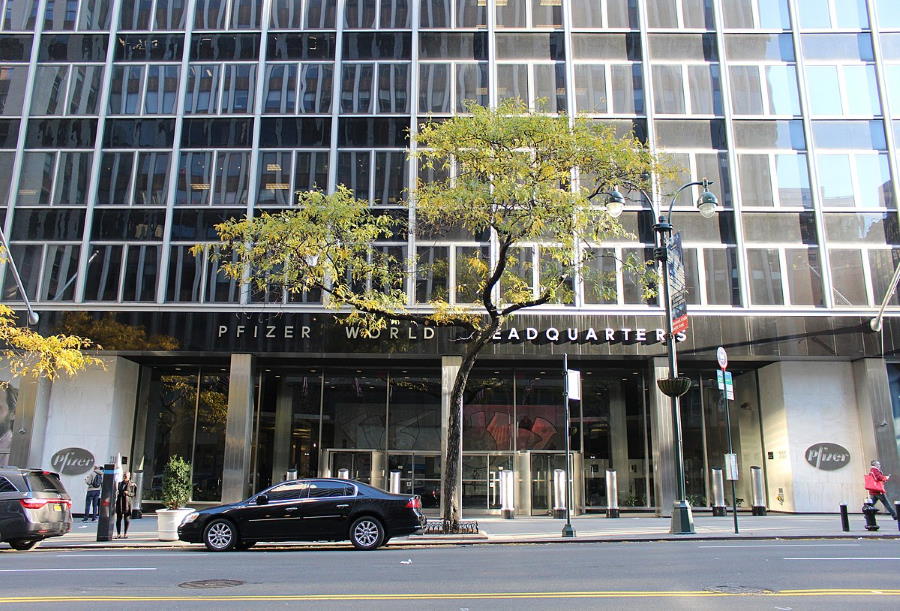Pfizer vaults into sickle cell market as GBT deal confirmed

Pfizer's reported interest in acquiring sickle cell disease specialist Global Blood Therapeutics (GBT) has been confirmed, with the $68.50-per-share deal valuing GBT at $5.4 billion.
As we reported this morning, the deal gives Pfizer already-approved SCD therapy Oxbryta (voxelator) – which industry watchers reckon could see a dramatic uptick in sales with Pfizer's marketing muscle – plus a phase 3 antibody candidate, a phase 1 follow-up to Oxbryta that could offer improved dosing.
https://twitter.com/bradloncar/status/1556607300915314690
Oxbryta is the main asset in the deal, with Evaluate predicting sales could reach $1.5 billion in 2028 – a leap forward from the $195 million it made last year and $127 million in the first half of 2022.
Pfizer is expecting big things from the takeover, predicting that the company's SCD franchise will bring in combined peak sales of more than $3 billion.
The boards of both companies have recommended the deal to shareholders, and the two companies suggested it should close before the end of the year – assuming of course it doesn't fall foul of any antitrust issues raised by financial regulators.
The GBT deal comes at a time when the market for SCD therapies is undergoing significant change, with multiple new drugs reaching the market after years of stagnation and progress also being made with genetic therapies from the likes of bluebird bio, Vertex Pharma/CRISPR Therapeutics and Precision Bio/Novartis.
Oxbryta came to market in 2019, a few days after Novartis' injectable anti-P-selectin antibody Adakveo (crizanlizumab), which is also tipped for blockbuster sales but like Oxbryta has suffered from a slow rollout.
CRISPR Therapeutics and Vertex are also in the running with their gene-editing candidate CTX001, in phase 1/2 trials which are due to generate final results later this year. If those results are positive the partners have said they could file for approval in the US before year-end.
Meanwhile, bluebird bio's one-time gene therapy lovotibeglogene autotemcel is supposed to be heading for regulatory filing in the US next year, although it has been delayed by an FDA partial clinical hold implemented after a persistent case of anaemia was seen in one adolescent patient in a clinical trial.
GBT's inclacumab – another P-selectin antibody that could encroach on Adakveo – is in a pair of phase 3 trials due to generate results next year.
Meanwhile, there are a couple of orally-active pyruvate kinase R activators from Forma Therapeutics and Agios – etavopivat and mitapivat, respectively – in mid-stage development, and Pfizer has its own SCD candidate in PF-07209326, an E-selectin anatomist in phase 1.
It's worth noting that this isn't Pfizer's first deal in SCD. In 2011 it paid $340 million for rights to rivipansel, a pan-selectin antagonist developed by GlycoMimetics, which failed a phase 3 test in 2019 and was jettisoned by Pfizer the following year.
The deal is another example of Pfizer splashing out on business development thanks to windfall cash generated by its COVID-19 vaccine Comirnaty and oral antiviral therapy Paxlovid. It comes shortly after the group closed a $6.7 billion acquisition of Arena Pharma, bringing on board etrasimod in late-stage testing for ulcerative colitis, and made an $11.6 billion takeover bid for Biohaven and its migraine therapy Nurtec ODT (rimegepant).












